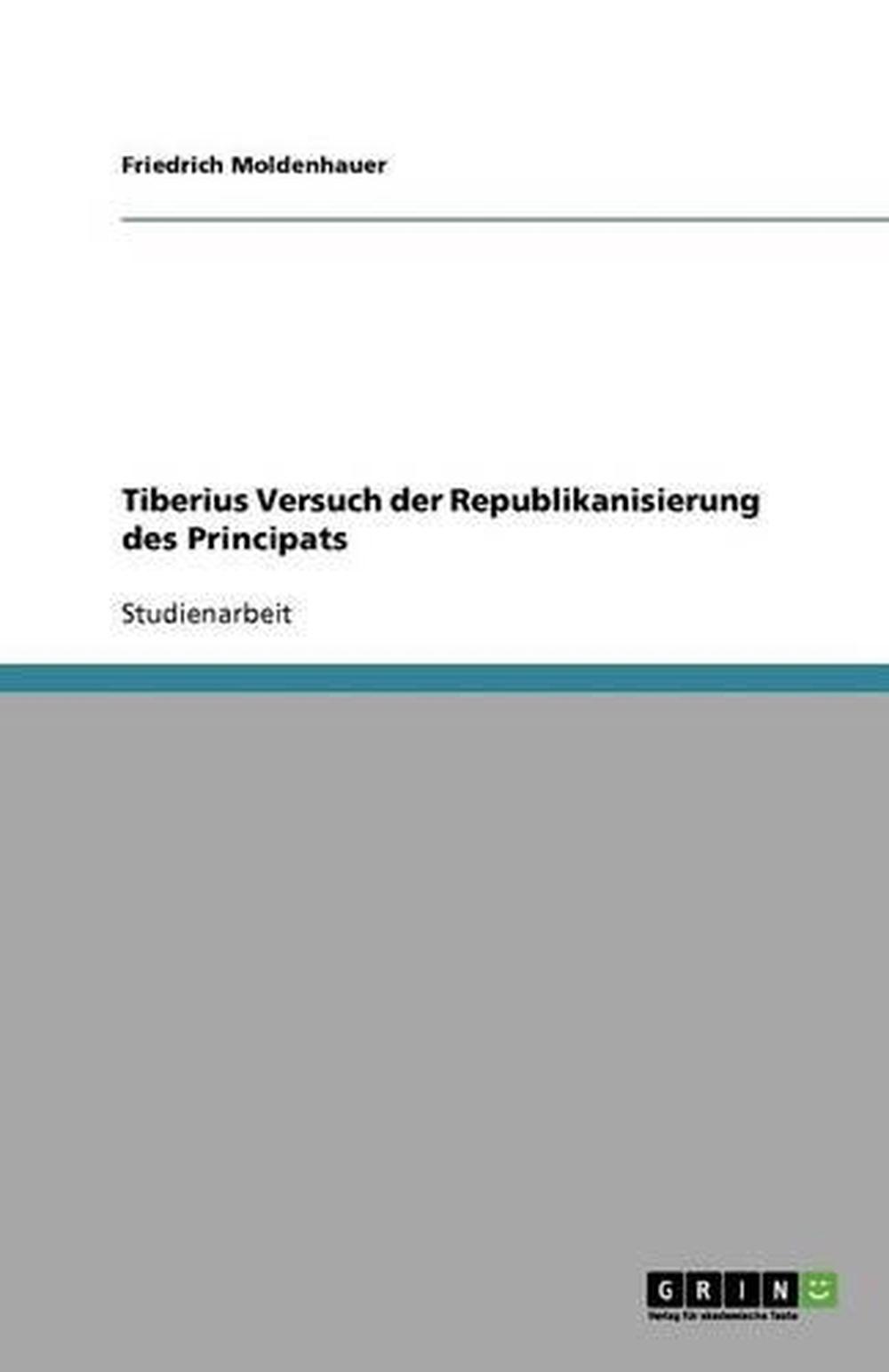

In some countries it would not have been safe for a professor to criticize accepted customs. Noodt, says Tirion in his preface, was the first to broach the issue of religious freedom in an academy. 3 The publisher was Isaac Tirion, an Amsterdam Mennonite, who wrote a short preface to the book. In 1734, for example, in an attempt to make the Dutch text of the address available to a broad public, it was reissued in a cheap octavo edition together with, among others, Dutch translations of John Locke's Letter Concerning Toleration, a commentary on the church Fathers by the law scholar Jean Barbeyrac, and a sermon by the Anglican divine Benjamin Hoadly. His contemporaries regarded Noodt's performance in Leiden as a memorable event, and throughout the eighteenth century writers hailed it as one of the major contributions to the debate on religious freedom and toleration. Surprisingly, the influence of Noodt's address in the eighteenth century has not been gauged. But it certainly can be seen as a hallmark in the history of ideas. 2 This professorial oration by a noteworthy scholar of law – Gerard Noodt (1647-1725) was doubtless one of the outstanding students of Roman law in early-modern Europe – did not, then, represent a turning point. It has become clear that if Noodt's address can be qualified as principled and even as radical, it was hardly unique: it had been preceded by texts that were in many respects more extreme. 1 The question, however, now seems unwarranted. Consequently it has been suggested that it might be worthwhile to determine whether the address, praised as 'the first principled defence of toleration based on natural law', marked a turning point in the Dutch toleration debates.

Noodt's address De religione ab imperio iure gentium libera was held in 1706, when the conscience européenne, as Paul Hazard phrased it, was well into its crisis. As often happens in this kind of historical debate, both sides have valid arguments but tend to overemphasize their point. Although he lived in the sixteenth century, he expressed extraordinarily modern ideas, while making his living as an etcher and engraver and later in life as a town secretary and notary.1 With his arguments for religious toleration and individual human rights and his perception of human nature as essentially good and rational, not to forget his early call for a reform of criminal justice, Coornhert seemed decades, if not centuries, ahead of his time.2 Outspoken and almost permanently at odds with the authorities of his time,3 one could even be tempted to say Coornhert would have fitted well in the circles of the more radical Enlightenment thinkers who would later begin to shape the modern world.4 Such outspoken admiration for a historical person usually spawns a counter reaction, and, indeed, a more recent study suggests that the modernity and originality credited to Coornhert stands “in direct proportion to the ignorance of his interpreters.”5 An informed reader would have to recognize that Coornhert was very much a man of the sixteenth century: a humanist whose ideas were deeply influenced by classical learning, mystical thinkers, and the social issues and religious upheavals of his time.
IN CIVITATE LIBERA LINGUAM MENTEMQUE LIBERAS ESSE DEBERE PROFESSIONAL
The producers were juxtaposed to the parasites, who included “the regular and secular clergy, professional soldiers, lawyers, financiers, rentiers, domestic servants, beggars, layabouts and grands seigneurs”.ĭirck Volckertszoon Coornhert (1522–1590) was a Dutch philosopher, poet, playwright, and polemicist who has held the fascination of many historians. Coyer sketched a vision of society republican, anti-feudal and fundamentally egalitarian, in which the divide between the two basic constituents of society was clearly delineated. He reviewed the course of French history in its entirety and made explicit what had been merely implied in his previous work. When the conservative nobleman d’Arq published a polemical rejoinder, in which he argued for the excellence of the “military nobility”, Coyer replied in a typically polemical vein. If the French nobility were to embrace trade, the Bourbon monarchy would be more able to compete successfully with England and the United Provinces. In 1756 he published a vigorous appeal to the nobility to take the lead in the modernization of French society by eliminating the ban on nobles engaging in commercial activity.

The abbé Gabriel-François Coyer was an outstanding and unconventional figure in the Enlightenment debate on politics and economics in the second half of the eighteenth century.


 0 kommentar(er)
0 kommentar(er)
